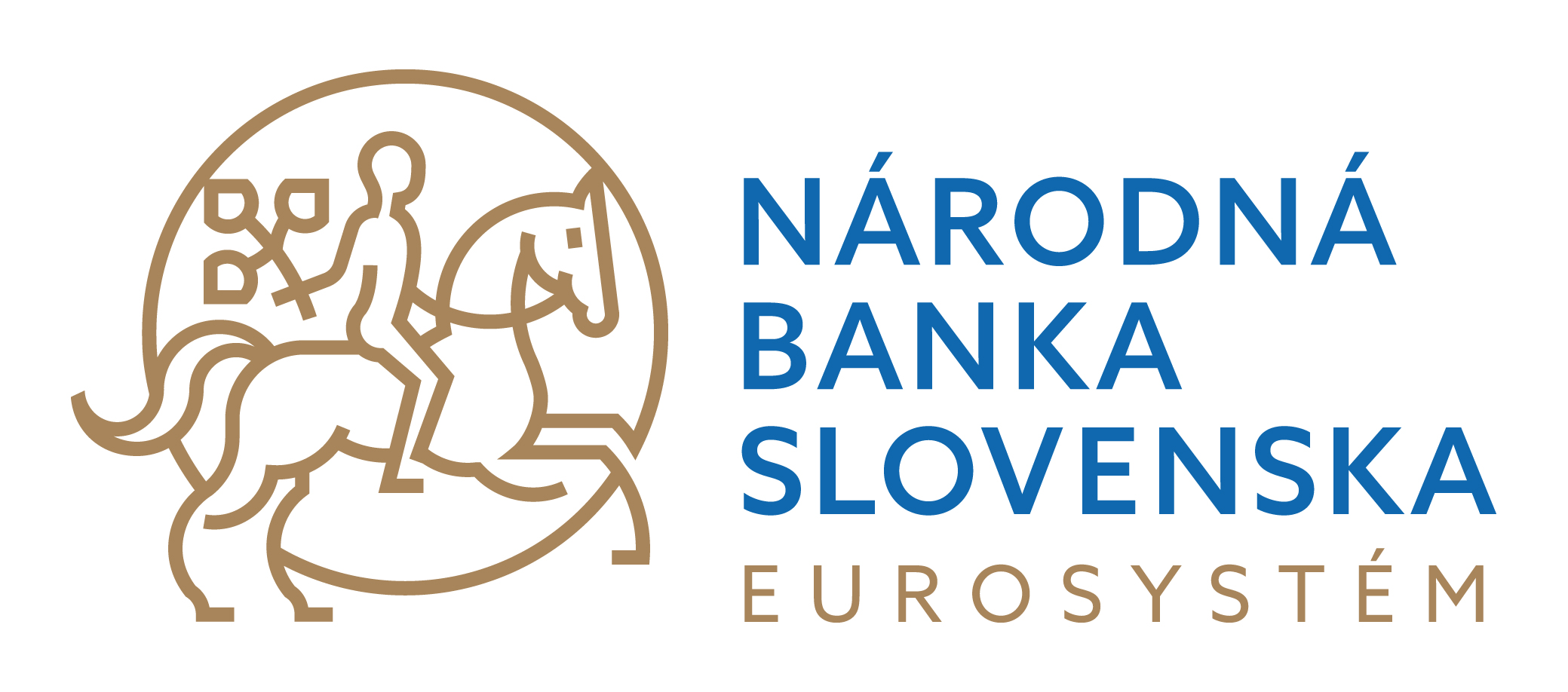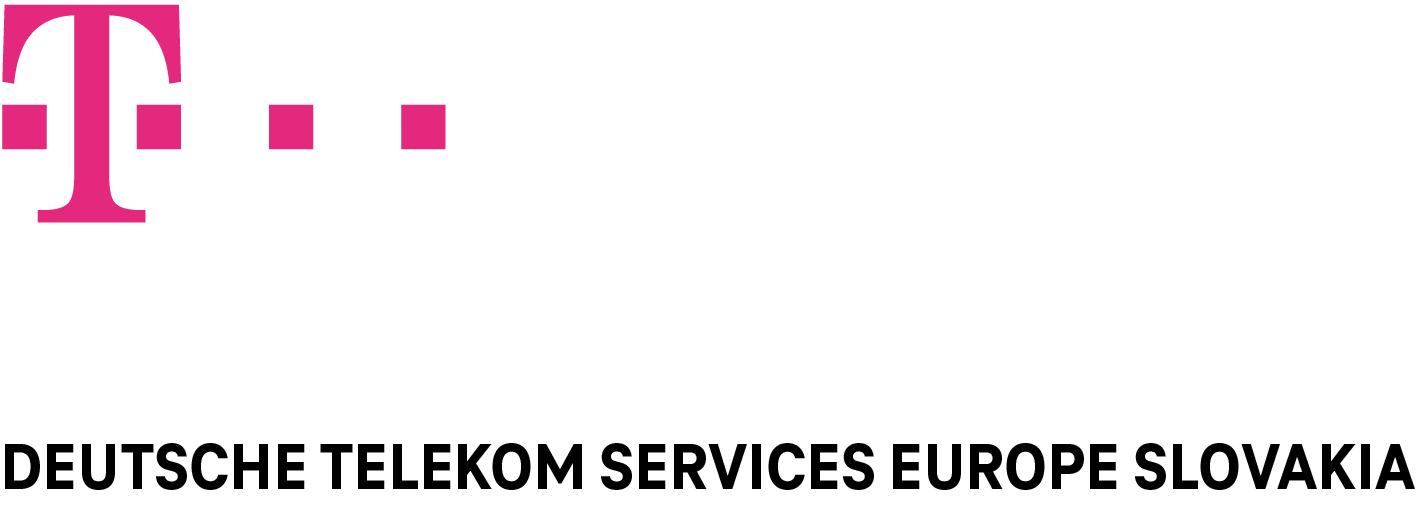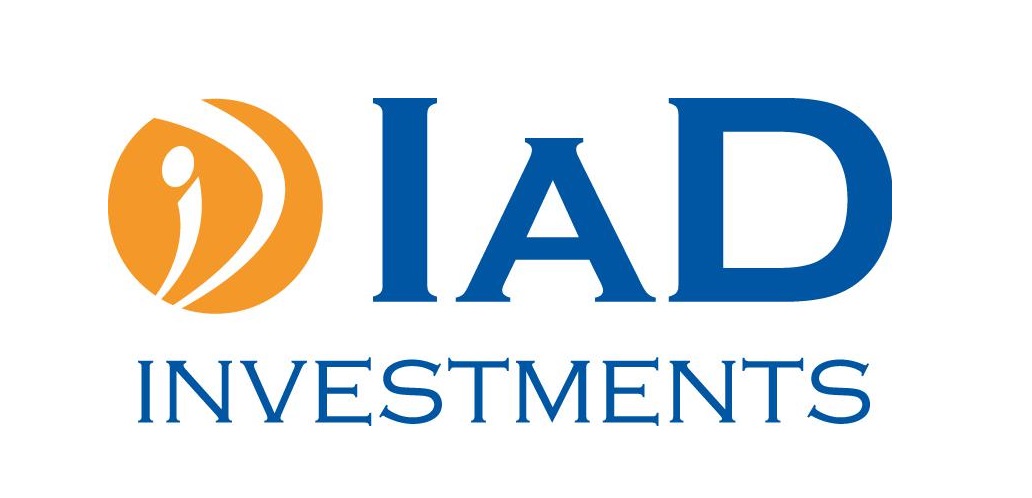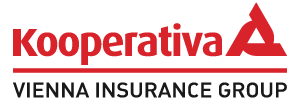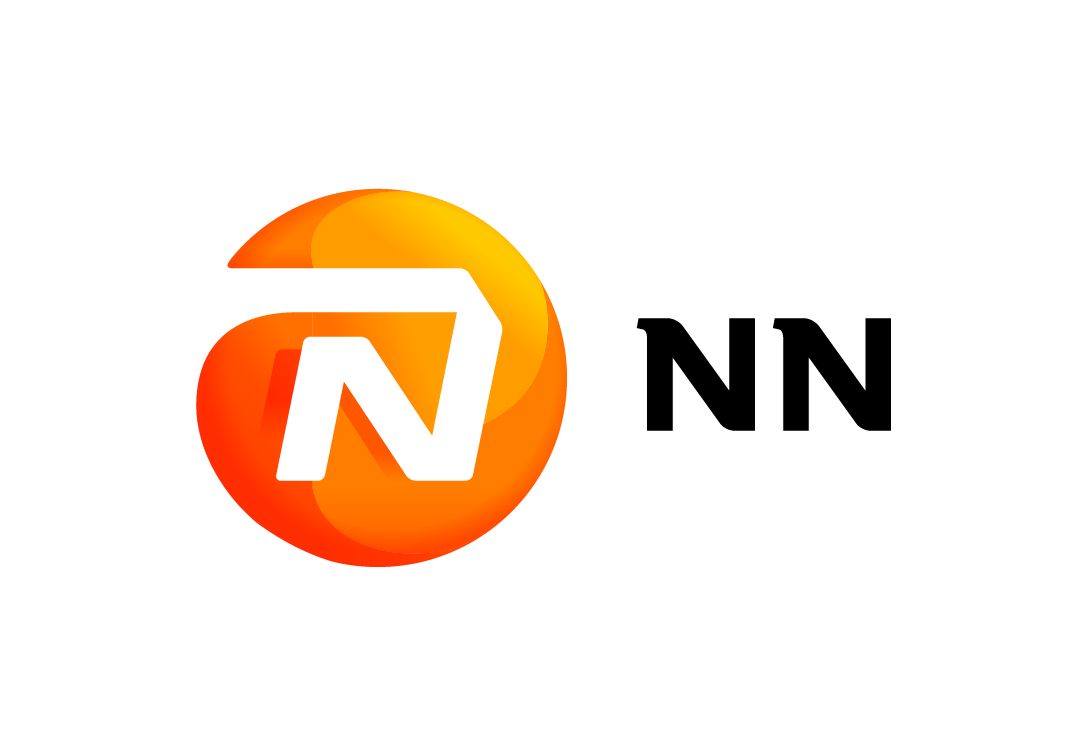Interview with the winners and runners-up of the student undergraduate professional activity.

Boris, Dávid, Emma and Juraj are participants and awarded students in the competition of student research projects (ŠVOČ) at the Faculty of Economics and Finance. In our interview, we talked about why they went above and beyond their normal duties to take part in the ŠVOČk and what their participation has brought them. But we also talked about what the recipe for a successful ŠVOČ is and what the work that engages them should be.
Let's start by presenting your work. What did you focus on in your student research?
Emma: I've been looking at what we call underinsurance in the context of inflation. Inflation impacts underinsurance, typically in real estate. It was this relationship between inflation and insurance that we explored in the project.
Boris: I addressed the classic question of the business cycle - when does a recession start and end. To do that, I used neural network models, which is a hot topic in data science right now. The interesting thing is that I used the largest macro database available for the US.
David: In my work, I focused on the European stock market. I examined its evolution after the financial crisis and in particular how unexpected changes in ECB interest rates affect this evolution.
Juraj: In the thesis, we basically validated a standard model used to understand changes in the intensity of competition as a function of changes in the degree of market concentration. However, we had better data and so we were able to go into more detail than is usual.
ŠVOČk is an extra work and often with an unpredictable result. Why did you attend the competition? What motivated you to do it?
Boris: I was planning to change my field of study on master, and I knew that ŠVOČ could help me deepen my knowledge in economics. I had been studying Economics and Law, which is less economical than other programms at the faculty. This was my motivation for participating last year. This year it was mainly the desire to explore new things.
Dávid: I wanted to try research because I would like to go on to a PhD. My further studies are also of a research-oriented nature.
Emma: My motivation was also my later work on my bachelor thesis, as I continued the topic later in the thesis. I brushed up on the topic a bit by doing this so that I would be able to continue with it later on.
Interesting, so do you see ŠVOČ as a kind of supplement to the final theses? Is it appropriate to base the project on the theses, or rather to look for other - own - topics for research?
Boris: For example, I had a different topic from the final one - the bachelor's thesis. I wanted to look at different topics and try different research. I wasn't even sure if I wanted to go straight into the bachelor's thesis with neural networks, since I was starting out in the topic at the time.
Juraj: I agree that it's probably better to go into the School of Computer Science with something different. It will broaden your horizons. ŠVOČka allows you to focus more on one specific question, which makes it different from a bachelor's thesis or a master's thesis. Theses, after all, are broader.
David: It also depends on time. I myself wanted to do DSGE models (note: Dynamic stochastic general equilibrium model) at the SVOČ, but it just didn't work out in terms of time. Therefore, in my case, I ended up combining the project and the thesis.
Since you have participated in ŠVOČ, and in Boris's case even twice, I guess the competition gives you something. What do you take away from the competition, apart from the financial reward?
Boris: For me it is the problem-solving feature. I learned that no problem is unsolvable. For example, I no longer look at complicated models as an insurmountable problems, but I try to break them down into smaller parts and understand it gradually. In general, this helps quite a bit with self-esteem as well.
David: For me, it gave me the understanding that when I work with a theory, I understand it better in hindsight. And it also gave me patience training. A lot of times things didn't go as expected.
Emma: I think the habit I developed the most was reading more scientific papers.
So far, we've talked mostly about your work and your contribution. But you also participated in the role of listeners at the competition. What does interesting work look like for you? What are the common characteristics of interesting work?
Boris: I like the overall diversity of topics. For example, this year there was a theme about the economic aspects present in fairy tales. In general, the thesis has to be well structured and also have an ambitious goal. To explore something really new.
Emma: Ambitious, but such that the work sometimes has an end. For me, a clearly defined goal is enough. It doesn't even have to be that ambitious.
David: I like it if the work has a practical benefit.
Two of you, as winners, were at the faculty round at the University of Economics in Prague. Were the works you saw there any different?
Boris: Unfortunately, we didn't get to see a lot of the papers due to late arrival, but from the ones we did hear, I was surprised by the difficulty. The work at our National Faculty of Economics was more about models and methods, it was more technically demanding I think.
Juraj: I, on the other hand, liked the discussion at our faculty more. The questions were always specific about the work, its methods and results. The ones in the Czech Republic were often too general.
Dávid: I agree, I would just add that I also really liked the discussion with the committee at the faculty round.
Perhaps the most important question for future participants: what is the recipe for a successful (winning) ŠVOČ? What should the winner and his or her work have in common?
David: In a word - interest.
Boris: It's going to sound like a cliché, but for me it's to work on something I enjoy. Simply, pick a topic that you enjoy. For example, for me, what the trainer did worked well. He wrote out a topic with no title and let us choose what we wanted to work on.
David: It was the same in my case. I will add that the ideal is to have something already loaded beforehand and from that to evaluate what I am able to do.
Juraj: There has to be a clear goal. Then it's easier.
My observation as a non-commission member is that the topics are becoming more technical. Neural networks, prediction models, econometrics... Then it seems to me that these are the topics that are successful. Do you see it similarly?
Emma: Yes, but at the same time it's also a risk. Such a topic is more challenging and may not work out.
Boris: For me, models are a reflection of the depth of the work. How much the student has devoted to it. However, the technical aspect of the work should not outweigh its economic issue. First of all, we are studying economics, we are not at STU somewhere, so the economic aspect should be present there.
Juraj: I'll repeat what I said, but first of all there should be a goal, that will determine the method.
The last question is about your further studies: what after ŠVOČ?
Dávid: It's great to build on ŠVOČ. As we said, for example for the final thesis. But also at work on the side or after school. Data science is very widespread nowadays, so are various econometric models. The School of Economics can be a good basis for all this.
Emma: I would like to go to ŠVOČ again next year in my fourth year. It's a good sign that I've worked on something for four months and successfully even finished it. For example, to future employers. And that's even more than the usual curiosity.
Boris. I'm already thinking about something, how to go on. ŠVOČ is a direct demonstration of interest, skills and knowledge. Even good grades may not be such a strong signal.
Juraj: The question may not just be how I will continue with the ŠVOČ, but for example it may be part of a larger research I have contributed to. So maybe there will be someone else who is interested in the work and will continue it or something similar.
About the students:
Boris Gerát is a student of the Economics and Law program and a two-time winner of the 2022/23 and 2023/24 ŠVOČ.This year he presented the topic Neural Networks Reshaping Business Cycle Studies: Identifying Turning Points and Recapitalizing Research. The topic was supervised by Tomas Shevcek, a PhD student at the Department of Economic Policy. For the second degree Boris is going to study the Master of Economic Research program at the Prague Institute CERGE-EI.
Dávid Miženko is in his third year of the Applied Economics programme. In the year 2023/24 he took second place in the Bachelor's degree category with the topic The Impact of Monetary Policy on Stock Market, supervised by Tomáš Ševček (KHP). David has been accepted for a second degree at the Stockolm School of Economics in Sweden.
Emma Doležalová is finishing her Bachelor's degree in Finance, Banking and Insurance and plans to continue her studies in Applied Economics. She came second in the 2022/23 competition with her topic The Effect of Inflation on the Insurance Market in Crisis Period, supervised by Branislav Slobodnik from the Department of Insurance.
Juraj Šimčisko is the winner of the faculty round of SVOČ in the second degree category. The topic Correction of non-randomly selected sample in entry models was supervised by Richard Kalis, researcher at the Department of Economic Policy. Juraj plans to continue his research at the PhD programme at the Faculty of National Economy.

